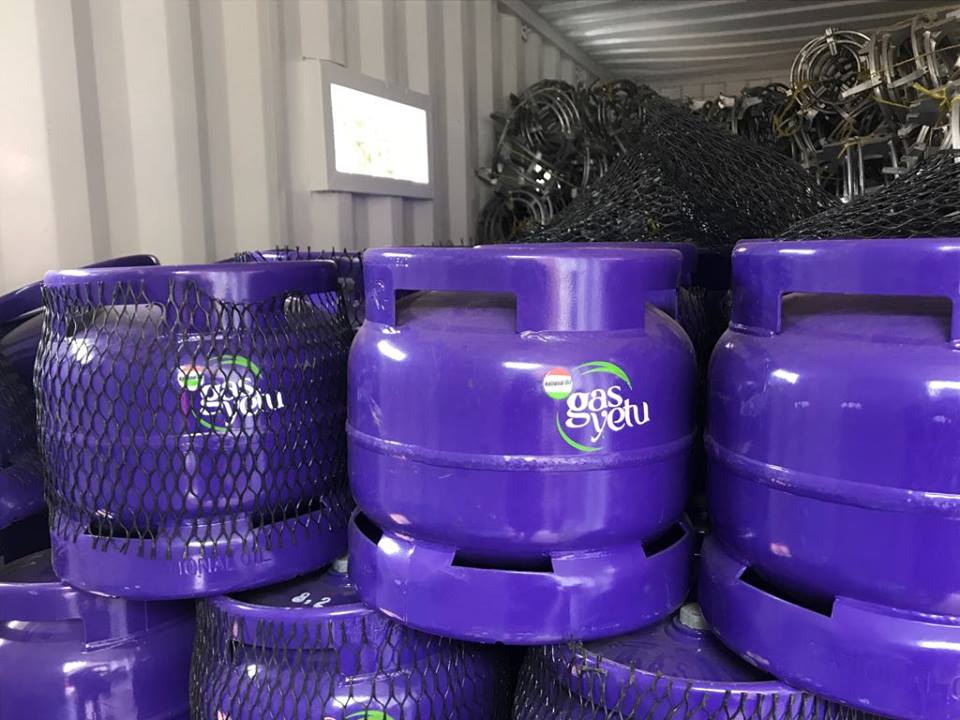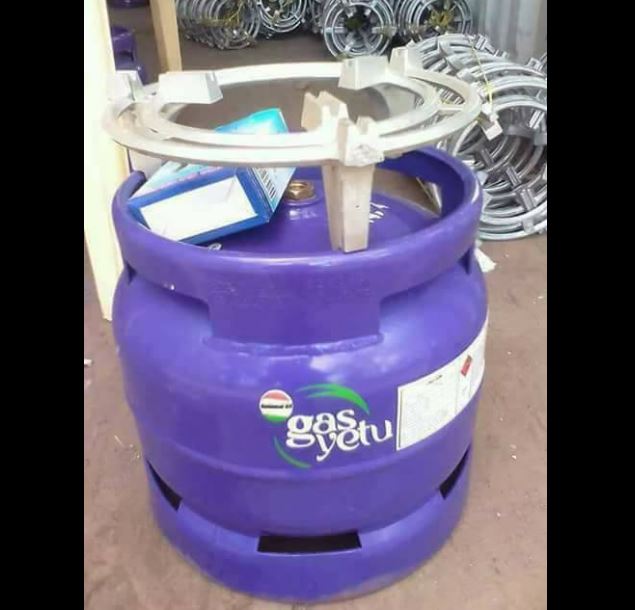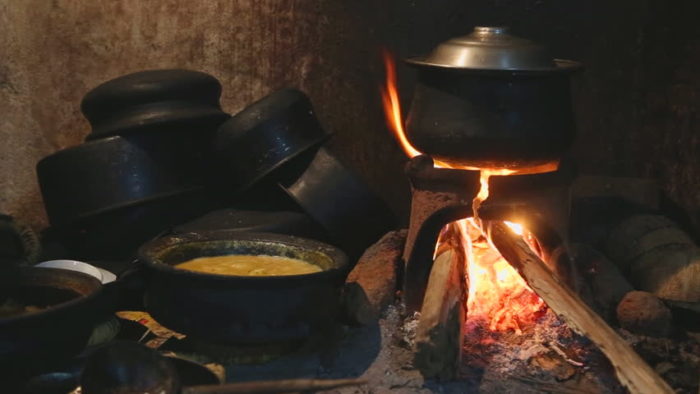
The National Government made a number of pledges to the mwananchi during the campaign periods which they are struggling to achieve along side the big four agenda.
The government has received a lot of problems in the efforts to make sure that all the promises don’t end up as empty promises. Most top officials have been involved in squandering of the same money that has been set aside to run the projects.
Mwananchi was grateful that the hustle to get means of cooking was sorted when the government hinted on the Gas Yetu Project. It was a relief but not anymore.

Cheaper gas project for the poor has taken an unexpected twist after one of the firms contracted to supply the gas cylinders was put under administration, raising questions on the government’s level of due diligence on projects funded by the taxpayer.
In Kenya Gazette Notice No 12191 dated November 19, 2018 consulting firm Ernst & Young was appointed administrator for the financially distressed firm effective November 16, 2018.
Any party with a claim against the firm is expected to submit their claim in writing with supporting documentation to the administrators on or before December 11.

“Following the appointment, all the affairs and business of the company are being conducted by the administrators. The powers of the administrators extend to all assets and undertakings of the company. The powers of the directors in terms of dealing with the company’s assets ceased,” according to the gazette Notice.
The government had given Allied East Africa Ltd a contract to supply 148,750 gas cylinders valued at Ksh327 million ($3.27 million) but it only delivered 61,380 cylinders of which 47,534 were rejected for being faulty.
The much-hyped Mwananchi Gas Project would have seen millions of households receive subsidized cooking gas cylinders at a cost of $20.
It was meant to equip close to four million households with six-kilogramme gas cylinders dubbed Gas Yetu fitted with burners and grills to reduce reliance on charcoal and kerosene.
Under this programme, consumers were to refill their depleted gas cylinders at a cost of Ksh840 ($8.4) per cylinder.

Kenya’s poor households have not been able to afford cooking gas cylinders at current market rates of about $50 each and the government’s plan to provide subsidized cylinders was a ray of hope for struggling families.
About 80 per cent of Kenya’s households rely on charcoal and kerosene for cooking and the government had planned to enhance liquefied petroleum gas penetration from approximately 10 per cent currently to 70 per cent within the next three years.
Kenya had initially planned to procure 1.2 million mwananchi gas cylinders every year for three years and distribute them to the poor.

The pilot programme was carried out in Kajiado and Machakos counties last year and the full implementation was expected to be rolled out earlier this year.
According to the National Oil Corporation, only 35,418 gas cylinders that passed basic visual checks and leakage detection were released into the market.
Do you think this project is dead or the government will revive it?